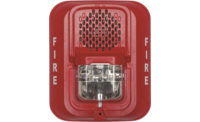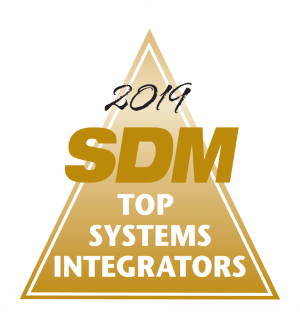
|
360 State Street, New Haven, Conn. — the state’s greenest and largest residential development — is the first new major residential construction in New Haven in more than 15 years. On the way to becoming a certified LEED® Platinum Plan, the building is the first of its kind to be recognized by the U.S. Green Building Council in the Pilot Neighborhood Development Program for exemplifying the principles of smart growth, urbanism and green design prior to, during and post-construction.
As part of this project, FIRETECH Engineered Systems of West Haven, Ct., designed and installed the complete fire and life safety system. “The challenge was to bridge the gap between the building automated system, which is a typical sustainable design element, and the fire and life safety system, while meeting model building and fire code requirements,” said Adam Querker, vice president of Engineering at FIRETECH.
A creative, integrated approach was used to design the fire and life safety system for complete integration with the building automation system. System Sensor devices, as well as NOTIFIER®systems, allowed a very smooth transition in getting the fire and life safety system online and ready, according to System Sensor. In all, FIRETECH installed approximately 840 System Sensor speakers and speaker/strobes, 370 intelligent smoke detectors and 15 duct smoke detectors. FIRETECH accomplished the highest level of protection by having a fire panel with corresponding notification devices on each level of the building.
In a complex, modern, multi-use building such as this, any changes to the building architectural design is a significant factor. “When a design change occurred, such as when the ceiling changed to use soffits, the system parameters and detector placement were affected,” Querker explained.
“That was the great thing about the detectors. It allowed us to go from one position, tweak our design calculations and keep on track. Hands-on interfacing to the building automation system alleviated these demanding instances.”






